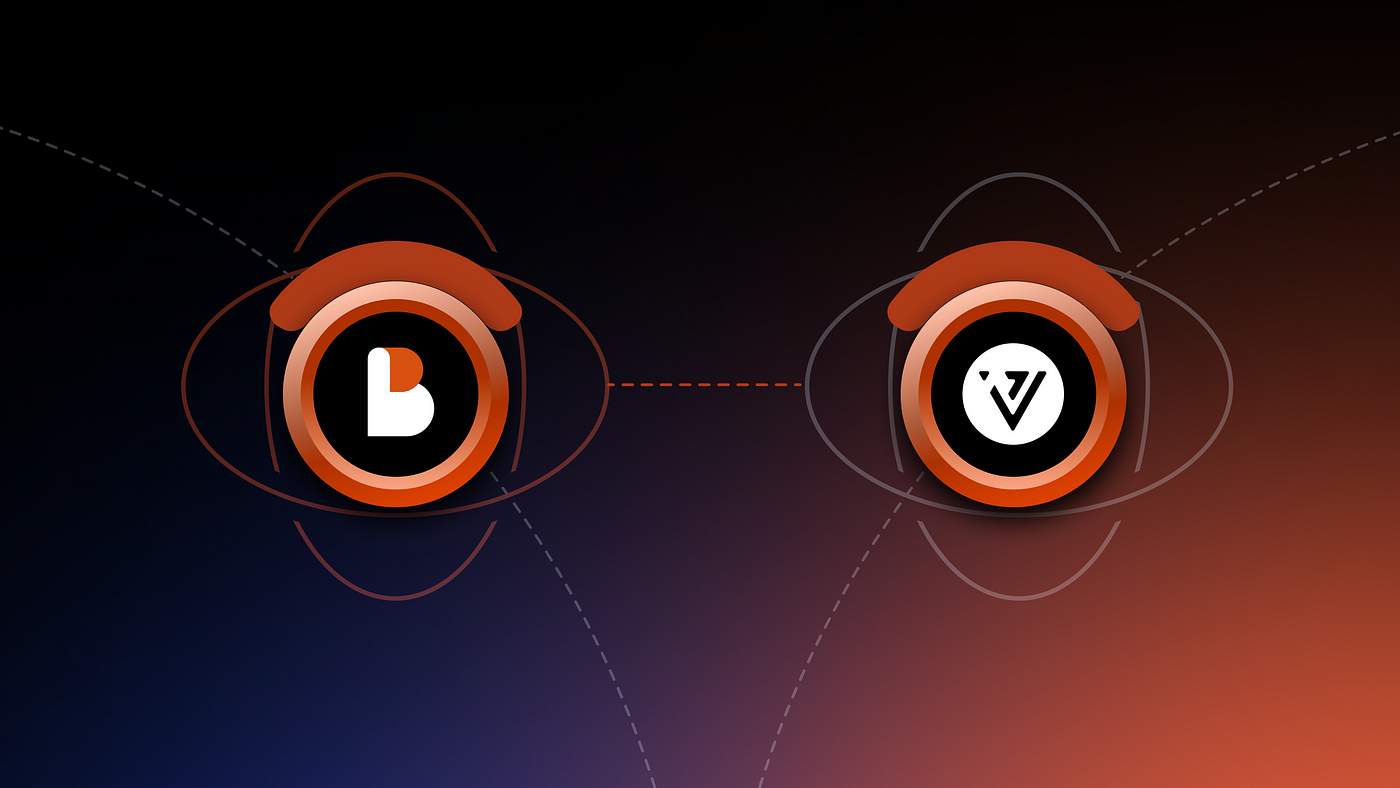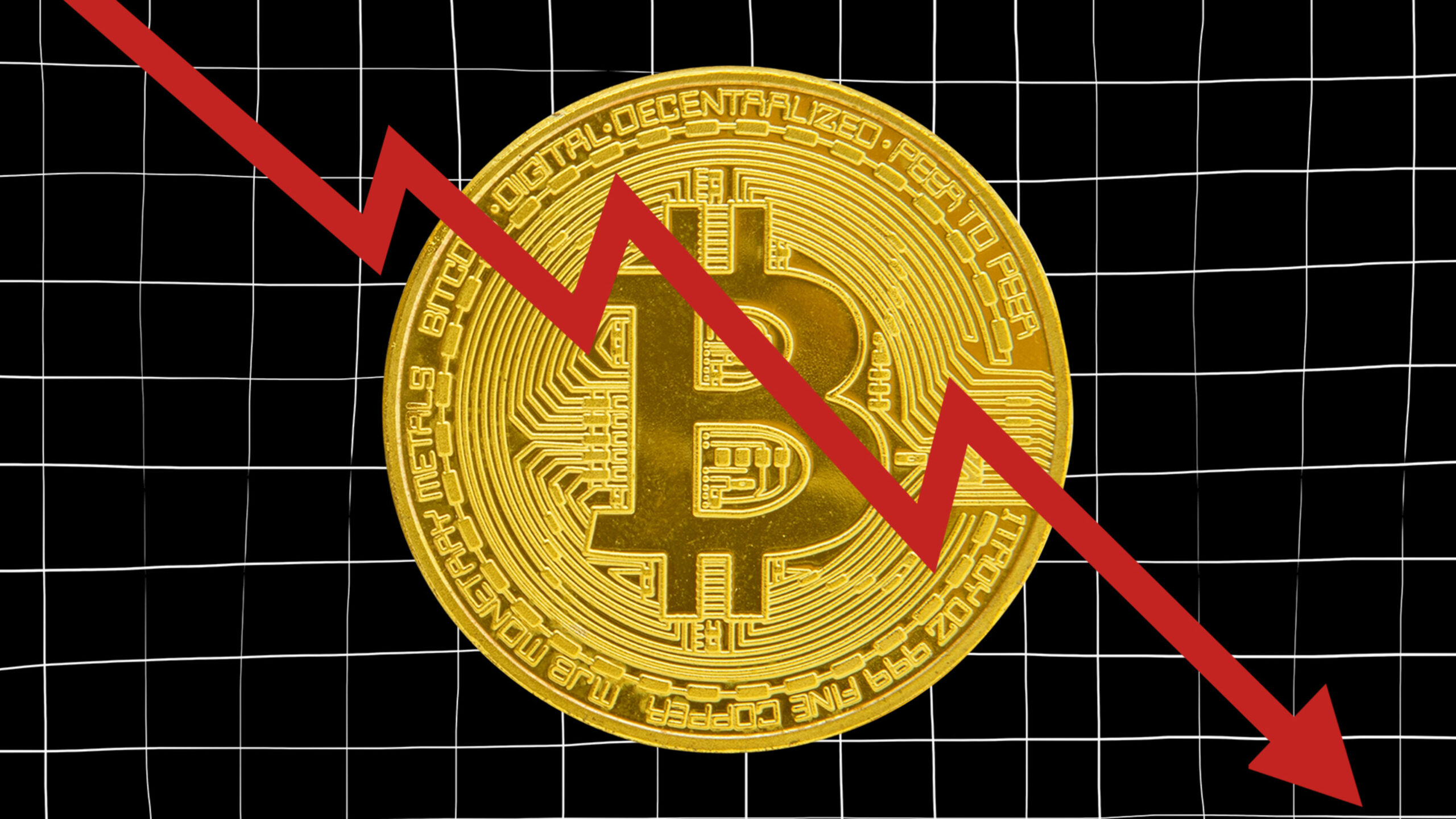The Delegated Authorization Network (DAN) of Biconomy will function as an authorization layer for autonomous on-chain transactions
Biconomy, a Web3 infrastructure firm, integrates artificial intelligence (AI) agents to facilitate on-chain transactions on behalf of users.
Cointelegraph was informed by Aniket Jindal, co-founder of Biconomy, that the Delegated Authorization Network (DAN) is a “relatively new” authorization layer that enables the delegation of trading activities to AI agents.

Agents are capable of autonomously managing trading accounts and executing transactions by predetermined instructions through authority delegation.
A decentralized application (DApp) can receive personalized input from users regarding allocations and trading strategy after permissions are defined.
In essence, DAN enables users to delegate specific transactional duties and authorizations to AI agents, thereby allowing them to act on the user’s behalf within predefined parameters,” Jindal explained.
“For instance, in a conversational manner, you could request that $1,000 be allocated to this strategy or offer more precise control through a dashboard-style settings interface.”
AI agents are designed to execute specific duties autonomously or semi-autonomously on behalf of users.
These tasks can vary in complexity, ranging from straightforward tasks, such as automating repetitive actions, to more intricate ones, such as decision-making in dynamic environments based on pre-established criteria or learned experiences.
The difference between AI agents and AI-powered trading algorithms relies on the complexity and adaptability of their operations.
While AI agents can assist in optimizing asset allocation and portfolio management, trading bots are specifically engineered to automate the purchasing and selling of assets.
To ensure the privacy of credentials, the network implements a sharding mechanism. The system generates a new delegated authorization key for each user, as per Biconomy.
This key is subsequently fragmented into multiple shards and disseminated across a decentralized network of nodes, ensuring no single node has access to the complete key.
Jindal stated, “To guarantee that each node in the DAN network is functioning as intended, DAN employs EigenLayer to protect Ethereum’s economic security.” The Ethereum holdings of validators in the EigenLayer network are liable to slash if malicious activity is detected.
“DAN secures on-chain transactions without compromising self-custody, and AI will soon engage in them.”
The finance sector is anticipated to experience accelerated growth in the AI agent market. According to a report by Grand View Research, the global market for autonomous AI and autonomous agents is expected to reach approximately $70.53 billion by 2030, with a compound annual growth rate of 42.8% from 2023 to 2030.
Among other applications, financial institutions employ AI agents to automate trading, manage risk, and detect deception.



